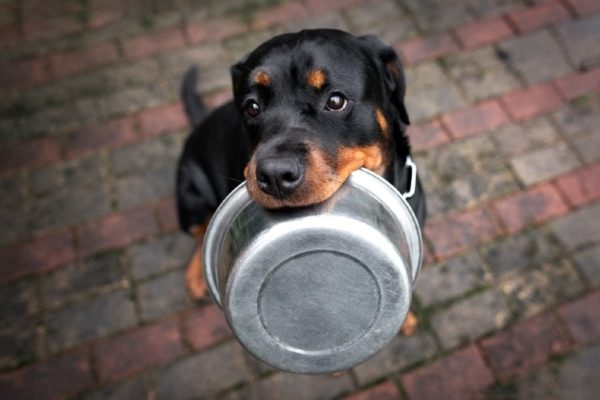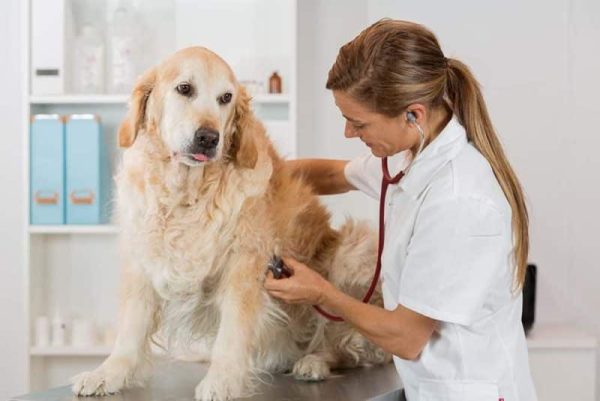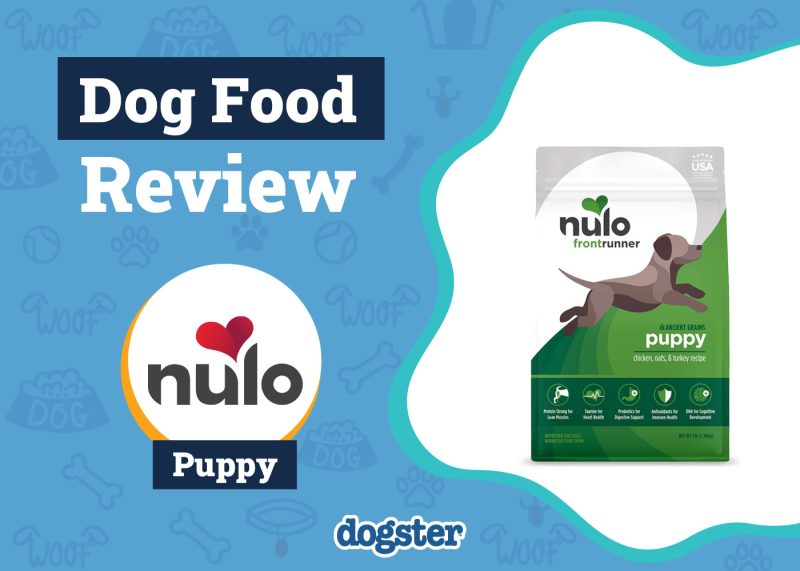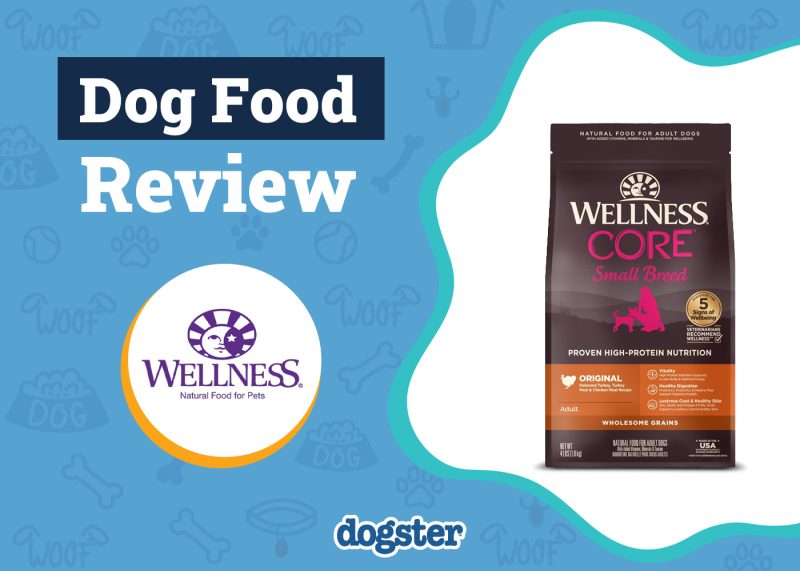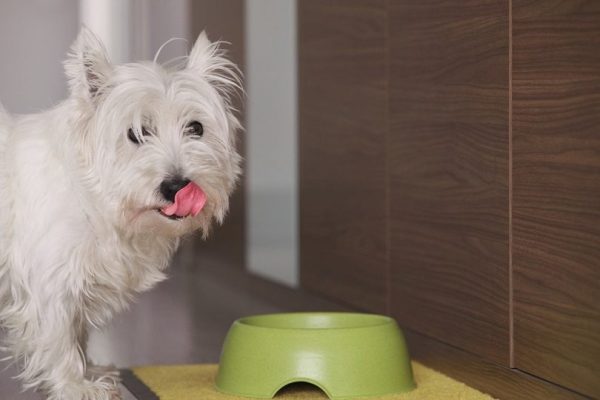In this article
View 4 More +How great are crackers? Slathered with dip, layered with cheese, or eaten just on their own, they are simple yet delicious snacks. But is that the case for dogs? Most of us are probably aware that our dogs will happily eat crackers, but should they? Are they safe?
In most instances, crackers are safe for dogs, but that doesn’t mean we should split a pack with them. How safe they are will depend on the ingredients that they contain and what is put on them. Let’s take a look at whether crackers are a good idea for your canine companion.

What Types of Crackers Are Safe for Dogs?
When selecting a safe type of cracker for your dog, look for products that are low in sodium, free from additives and flavorings, and made with whole grains. Unsalted whole wheat or rice-based crackers can be offered as occasional treats.
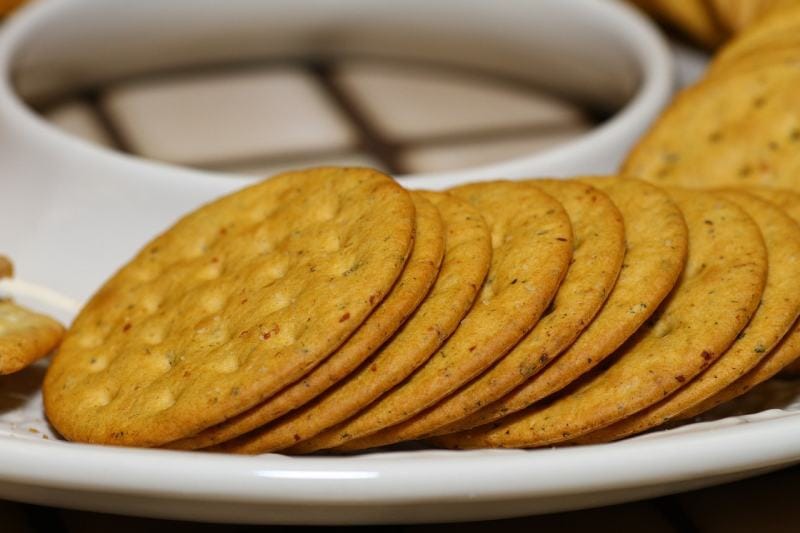
Risks and Health Concerns of Certain Crackers for Dogs
1. Sodium Content
Many commercially available crackers, such as saltine crackers, are high in sodium. While your dog is going to be fine if they eat one or two saltine crackers, you shouldn’t make a habit of feeding crackers to them. Excessive sodium intake can lead to dehydration and electrolyte imbalances and in large amounts, potentially damage your dog’s kidneys and heart.
2. Additives and Spices
Certain crackers may contain additives, spices, or flavorings that are harmful to dogs. Ingredients like onions, garlic, and excessive sugar are toxic to dogs and can cause digestive issues, weight gain, or anemia by damaging red blood cells.
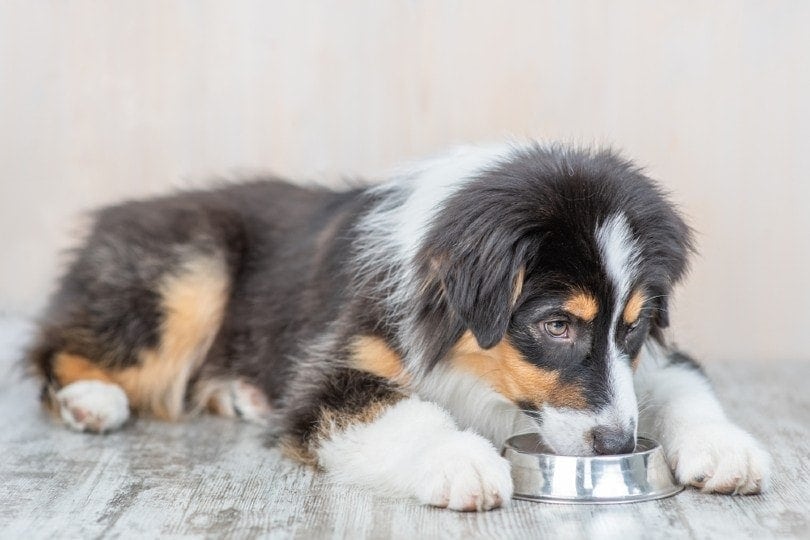
3. Allergies and Digestive Sensitivities
Dogs, like humans, can have food allergies or sensitivities. Some crackers contain wheat or other grains that may trigger allergic reactions or digestive upset in sensitive individuals.
What Cracker Ingredients Should Be Avoided at All Costs?
- Xylitol (an artificial sweetener)
- Chocolate or cocoa powder
- Nutmeg or other spices
- Onion or garlic (powder or otherwise)
These ingredients can be extremely toxic to dogs and should be avoided at all costs. It’s also best to stay away from highly processed crackers that may contain artificial colors, preservatives, and other unhealthy ingredients.
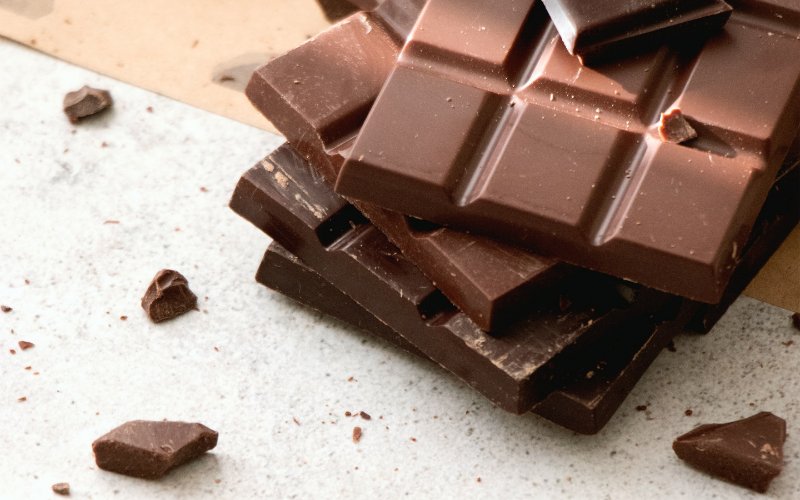
Feeding Crackers to Your Dog Safely
Always monitor your dog’s consumption of crackers, and adjust the amount given according to their size and activity level. Strive for a balanced diet, and avoid feeding your pup too many treats (including crackers) to prevent weight gain or other health problems. Lastly, always ensure that fresh drinking water is available.
Overall, it’s important to be mindful of the risks associated with giving crackers to your dog. When in doubt, discuss any concerns with your vet before offering these treats to your furry friend.
Here are examples of “vet-approved” crackers you can keep on your shelves for those times when you want to have snacks that you can share with your canine bestie:
As is always the case when indulging our pets in “off-plan” eating, moderation is key.
Safe Alternatives and Practical Tips
1. Fresh Fruits and Vegetables
Many fruits and vegetables make excellent, healthy treats for dogs. Apples, blueberries, carrots, and green beans are examples of dog-friendly options. Remember to introduce new foods gradually and in moderation, observing your dog for any signs of allergies or digestive issues.
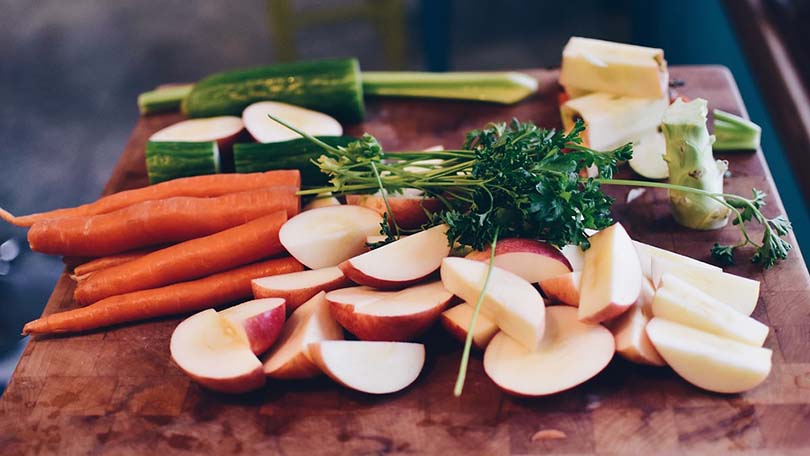
2. Commercial Dog Treats
There is a wide range of commercially available dog treats formulated to be safe and healthy for canine consumption. Look for treats that are low in sodium, made from natural ingredients, and specifically designed for dogs.
3. Homemade Treats
If you enjoy baking, consider making homemade dog treats using dog-friendly recipes. This way, you have full control over the ingredients, ensuring they are safe and tailored to your dog’s needs.
4. Veterinarian Consultation
When in doubt about what foods are safe for your dog, it’s always best to consult your veterinarian. They can provide personalized advice based on your dog’s specific health needs and dietary requirements.
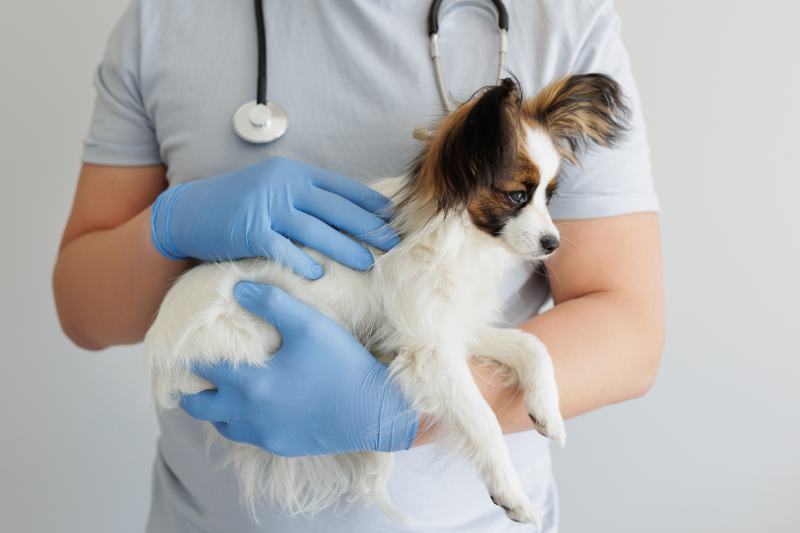

What Else Do I Need to Know?
Remember, treats should only make up a small portion of your dog’s overall diet. The majority of their nutrition should come from balanced and complete dog food that meets their specific nutritional needs.
When introducing any new food to your dog, start with small amounts, and watch for any adverse reactions. If your dog has allergies or sensitivities, consult with your veterinarian before offering them anything new.
Consider supplementing your dog’s meals with fish oil or other fatty acids for additional health benefits. These can help keep their skin and coat healthy, reduce inflammation, and even benefit joint health. Always check with your vet before adding any new supplements to their diet.
If you need to speak with a vet but can't get to one, head over to PangoVet. It's our online service where you can talk to a vet online and get the advice you need for your pet — all at an affordable price!
Conclusion
Keeping your furry friend healthy and happy should be the top priority. By being aware of the potential risks associated with feeding your dog crackers and opting for safe alternatives, you can provide them with tasty treats without compromising their well-being.
Featured Image Credit: Touchr, Shutterstock




